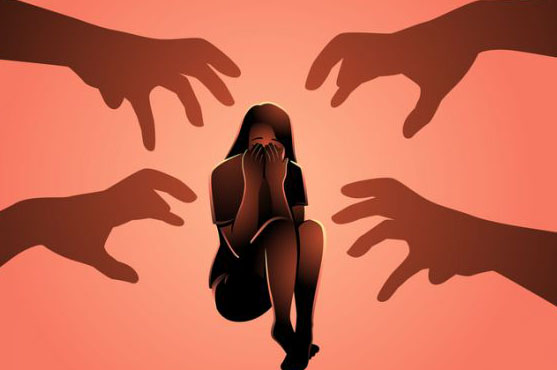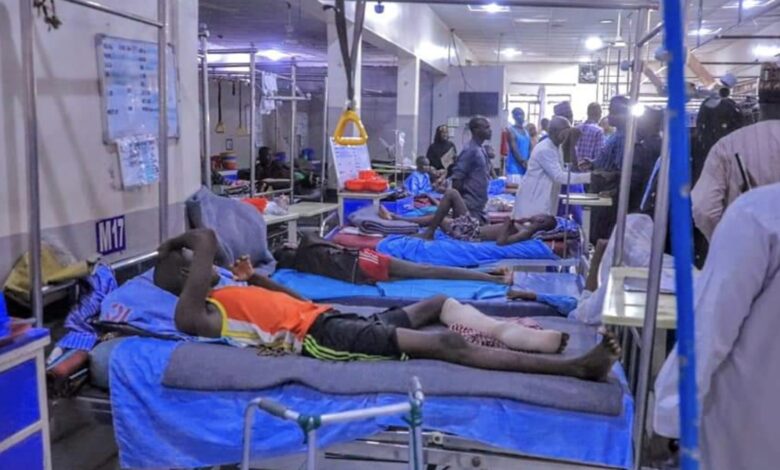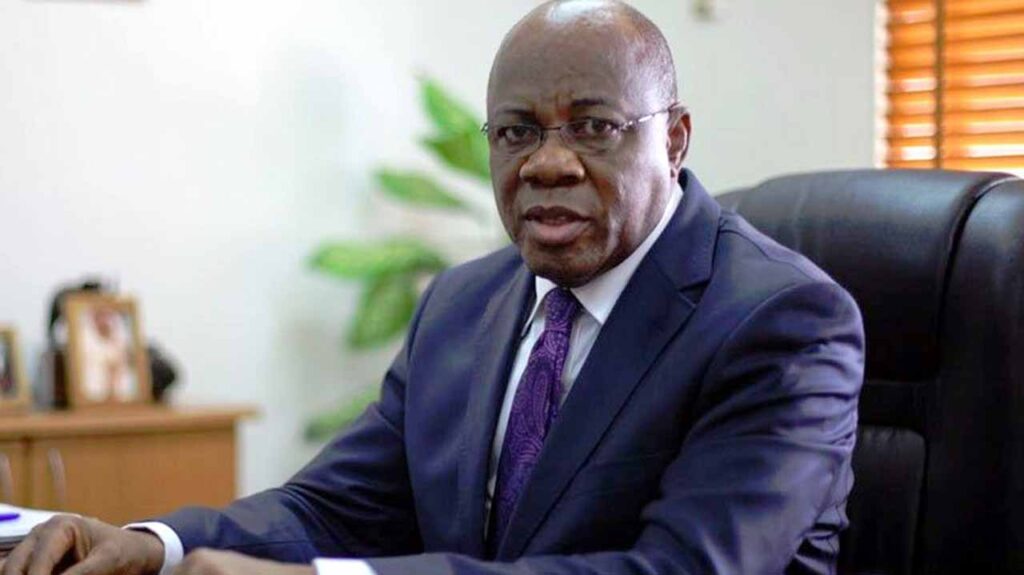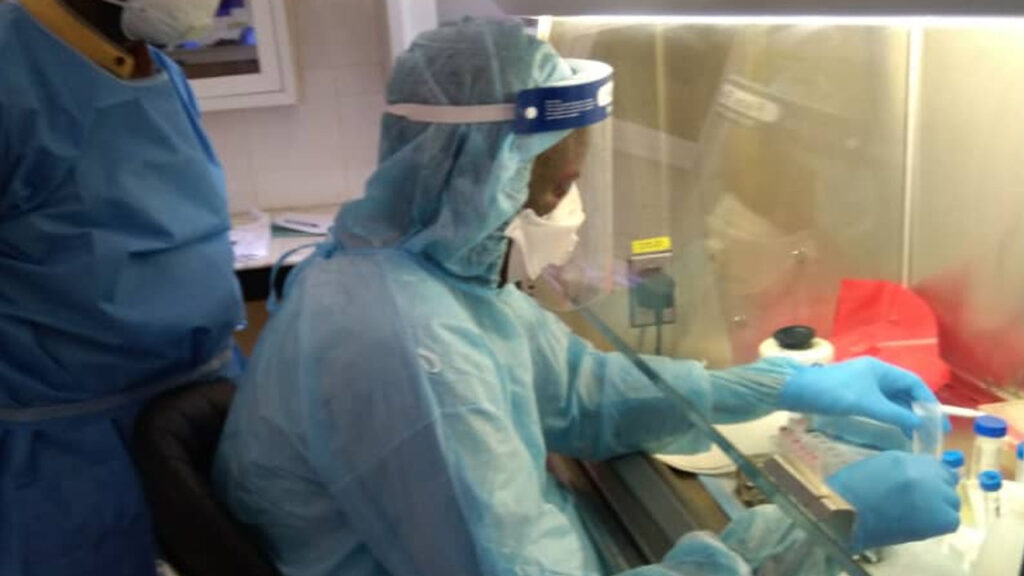
Women At Risk International Foundation (WARIF) has held a fundraising event targeted at ending the menace of Gender-Based Violence (GBV) in Nigeria, to help survivors and create a safe space for them to heal.
Speaking at the event tagged, ‘WARIF Story’, the founder of WARIF, Kemi DaSilva-Ibru, stated that her organisation stood against any form of women disenfranchisement and sexual assault.
She observed that sexual abuse occurred in many homes, leaving many girls to die in silence due to the lack of concerted efforts to stop the trend.
According to her, through its unique holistic method, the organisation has been able to provide preventive measures and help affected women and girls to heal.
The United Nations Entity for Gender Equality and the Empowerment of Women, also known as UN Women, Country Representative, Beatrice Eyong commended WARIF’s effort to fight GBV, particularly across educational institutions in the country.
She announced that over 5,000 students across 10 tertiary institutions had been equipped with tools and knowledge on how to prevent and report school-related sexual violence.
She said: “In collaboration with WARIF, UN Women has carried out various interventions to reduce the prevalence of violence against women in Nigeria, particularly in higher institutions of learning and in vulnerable communities. There has been improvement in the referral mechanism for coordinated and survival centres and response intervention through the establishment of a dedicated SGBV response team in the institutions to ensure the effective handling of cases.”
In his remarks, the Minister of State for Health and Social Welfare, Tunji Alausa, also commended WARIF for its modern centre in Yaba, which has contributed to the decline in violence against women nationwide.
He pledged the support of the government in combating GBV and providing support to survivors to be responsible.
In her remarks, the First Lady of Ogun State, Bamidele Abiodun, observed that for the narrative to change, the victims should be encouraged to speak up about the violence.
“From the story of the survivors we heard, we can see that the narrative of sexual assault violence is now changing. Before, it used to be something that people don’t want to talk about because they see it as a stigma. We need to teach the victims that you are only responsible for what you do and not what someone does to you.”













